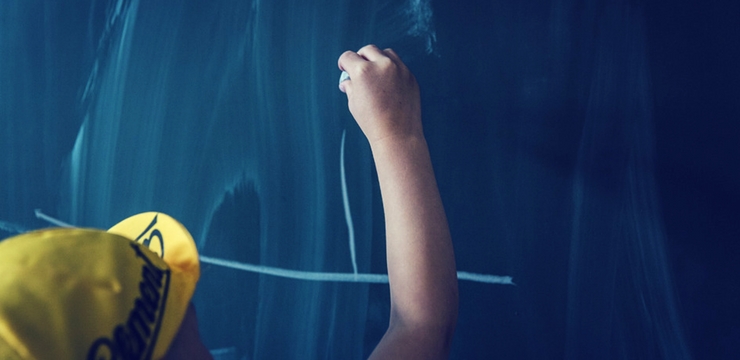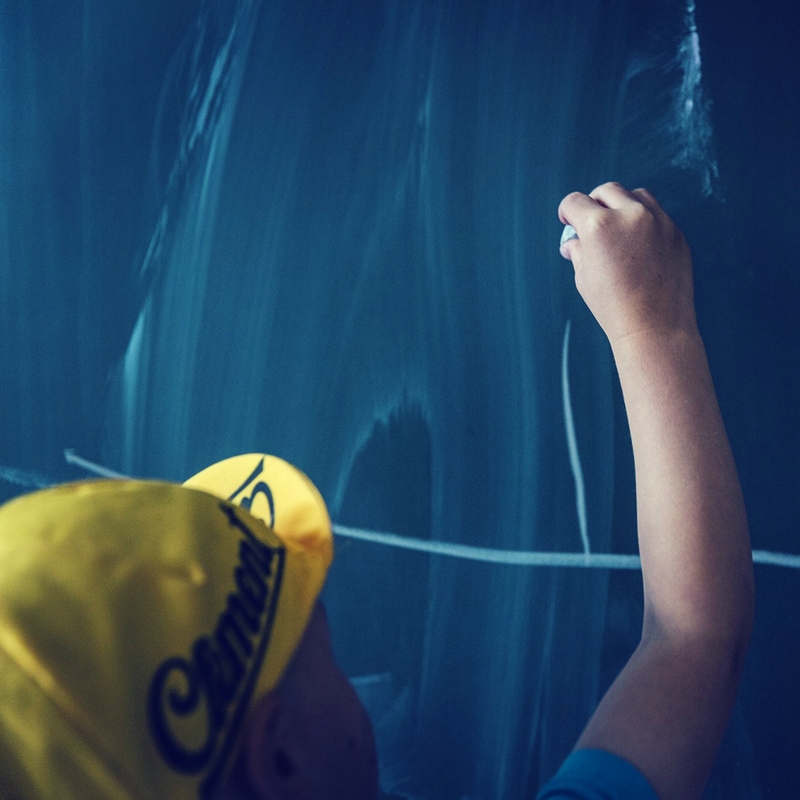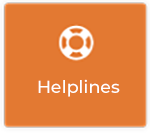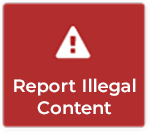Posting Pictures to a School Website

The taking, publishing and sharing of images is one area where technological changes have resulted in a revolution in the way the whole process takes place.
Digital cameras and high-spec camera phones mean taking and publishing photos can be done in just a few simple clicks.
While the development of digital imaging has undoubtedly created massive benefits for learning, there are also some risks that your school needs to be aware of.
Sharing and posting digital images to the internet, whether that be the school’s website or social networking profile, mean that the pictures may well remain available online forever.
While you may want to celebrate class achievements or your students’ work, there are issues which you need to remember.
And it’s important that your school implement policies in this area.
School Websites: What are the Issues?
Despite the educational intent, images may inadvertently cause embarrassment for someone in the short or long term.
Indeed, while the chances are relatively remote, future employers may carry out internet searches and come across images a prospective employee would rather they did not.
Images may inadvertently cause embarrassment
Don’t forget that any image published online can be edited or misused by almost anyone.
As well as this, the advent of photo tagging, which identifies people in the image without their prior consent, and facial recognition technology, mean that schools need to take care when posting pictures in order to protect its pupils.
Data protection rules – governed by the Data Protection (Amendment) Act 2003, The Data Protection Act 1988 and Video Recordings Act 1989 – also mean that there are a range of issues to consider when publishing images of minors.
What can my School do?
There are some common sense things which you can do in your school to make sure that photos are being used safely.
Any pictures should try to focus on group activities, rather than photos of an individual. Indeed, group photos should always be preferred over full face pictures of individual children.
Names, especially full names, should not be used, and if they are, the names need to be kept separate from images.
It’s also worth considering locking video and photo galleries on the school’s ICT system, so that it bars people from using it without prior consent.
On top of this, your school should have an Acceptable Use Policy (AUP). And if it doesn’t, your schools should begin the process of setting one up right away.
AUPs govern the use of the internet and ICT in a school and are vital to ensure good online safety skills.
Here are some tips for points to include in the AUP in relation to school images:
- Staff will educate students about the risks associated with the taking, using, sharing, publication and distribution of images. In particular, teachers will recognise the risks attached to publishing their own images on the internet
- Staff are permitted to take digital/video images to support educational aims, but must follow school policies concerning the distribution of those images, which should only be taken on school equipment
- When taking digital/video images ensure that students are appropriately dressed and are not participating in activities that might bring the individuals or the school into disrepute
- Students must not take, use, share, or publish images of others without consent
- Pictures to be published on the school’s website, or elsewhere, which include pupils will be selected carefully and will comply with good practice guidance on image use
- Pupils’ full names will not be used anywhere on a website or blog, particularly in association with photographs
- Written permission from parents or carers will be obtained before photographs of students are published on the school website
- Student work can only be published with the permission of the student and parents or carers







